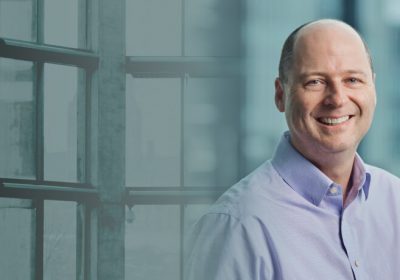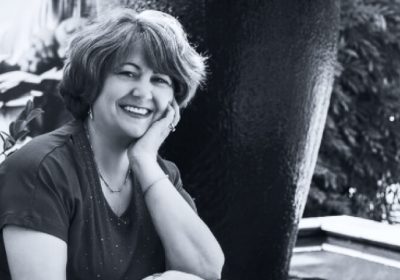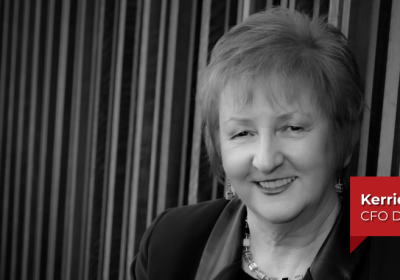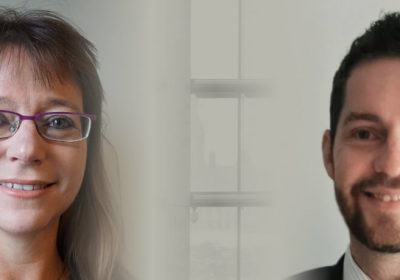
- Author: Nina Hendy
- Posted: April 15, 2024
From Ballet to Balance Sheet > Charles Berry, CFO PieLAB
With a long track record of exceeding expectations, Queensland based CFO, Charles Berry brings a unique perspective from ballet into the business world. By Nina Hendy.
Touring the most famous opera houses in the world and performing at an elite level as a ballet dancer certainly kept Charles Berry on his toes.
But an injury ended his dancing career prematurely, forcing retirement from a career he loved in his 20s. At the time, he had the world at his feet.
Born in Ottawa, Canada, Berry graduated from the National Ballet School and joined the renowned Stuttgart Ballet, enjoying an illustrious, yet short-lived career dancing his way around the world in a number of high profile performances.
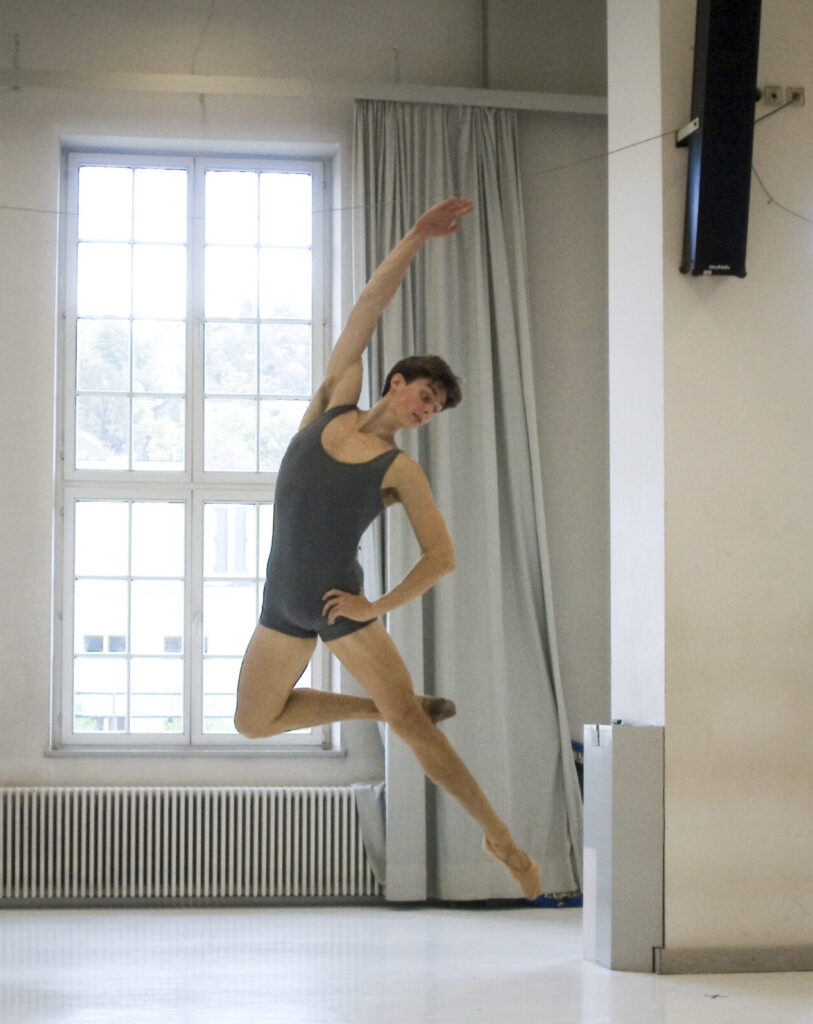
Once doctors made the call that it was time to end his dancing career, he knew that a career as a chartered accountant was the obvious choice, with his father, grandfather and other family members well entrenched in the finance industry at the time. “A second career of some sort was always part of the plan. I knew from the outset that I would be lucky to make it as a ballet dancer until the age of 35 given how gruelling the ballet world can be on your body,” Charles says.
He recalls sitting backstage in Bangkok and at the gold gilded performance halls of the Opera Garnier in Paris surrounded by economics textbooks, furiously studying between ballet performances as he planned his transition into finance.
After a period of 1.5 years working full time as an accountant while simultaneously completing the remaining 2.5 years of his bachelor of commerce, he qualified as a CA with Canadian business Welch LLP managing and performing client services, including special projects, audits and reviews in both the Ottawa and Toronto offices.
Landing Down Under
He made the move to Australia in 2014, managing the Fund Accounting Team for investment manager QIC, where he managed a $14 billion Infrastructure and Private Equity asset portfolio. He also spent a year working as the chief financial officer for Queensland Ballet under Mao’s Last Dancer, Li Cunxin, growing the finance function and also overseeing the precincts and technology teams.
Charles also spent a couple of years working as the financial controller overseeing the finance team managing financial operations, tax, reporting and treasury management at institutional investment managing firm, Laguna Bay, which specialises in the Australian food and agriculture sector.
Aside from his qualifications as a chartered accountant and certified internal auditor, he is a graduate of the Australian Institute of Company Directors, which has put him in high demand.
Rolling up his sleeves
Since 2022, he has been the chief financial officer at investment manager PieLAB, which made a conscious decision to ditch VC investing and instead specialise in long-term investment in profitable small businesses.
Unlike other investment firms, PieLAB doesn’t buy, grow and sell companies, but rather buys, grows and holds onto them under a permanent capital, serial acquirer model. It invests in a large number of small businesses with a high degree of recurring revenue and helps grow the talent behind them.
As the CFO, Charles scrutinises the costings to ensure the return forecasts are reasonable. He also handles long term modelling to understand where businesses will be in a decade or two and how that combined picture will look as a portfolio, as a critical part of his role. “We spend a lot of time making sure our businesses have really good, accurate financial data because we are very much a data driven business.”
He’s also been systemising processes to create consistency across all of the businesses within the PieLAB portfolio. His days are spent sitting on the investment committee, exploring new growth opportunities, considering debt utilisation, handling tax structuring, spending time with the CEO discussing the next growth surge on the horizon and supporting the portfolio company executive teams.
Charles explains that these small businesses won’t be the next Google by any means, but they are significant players in their own right. “There are a lot of great, profitable businesses in Australia that fulfill all sorts of necessary services and we take them for granted every day. Our goal is to create a diversified portfolio of these businesses, generating strong cash returns up to the parent level and reallocate that capital by investing in additional businesses or growing the existing ones in the portfolio” Charles says. Among the portfolio are strata management businesses, commercial fire businesses, IT managed services businesses and an exercise physiology business that helps people return to work.
For him, working with great people and helping small business talent grow into the next stage has been the perfect fit for his skillset. As a former high performance athlete, he brings a unique discipline and perspective to the role. “Our purpose is very much around the development of people and businesses. We talk a lot about continuous improvement, which is an essential skill as a ballet dancer,” Charles says.
“We also have a continuous program of acquisition and of course face the usual challenges of growing and scaling a business. For us it’s about giving the businesses the tools to continue to operate in an entrepreneurial and decentralised way, but being there to support them. One of the big things we find is that they don’t take enough time out from working in the business to work on it, and controls and governance is obviously important and often light on in small businesses too. I’m making sure we’re constantly ensuring the people and businesses we invest in have what it takes for the long haul,” he says.
He’s clearly very good at his role, revealing that by the end of December, PieLAB was ahead of target returns and less than 1% behind on the amount of capital it has deployed to small businesses within its portfolio. “What I love is having the ability to interact with a range of different businesses, and everyone enjoys being able to engage with the businesses with the leaders and helping them improve in the way they operate,” Charles says.
Working smarter, not harder
Dedication and discipline has been key skill that he carries through from his years as a ballet dancer. “As a ballet dancer, you go into the studio every morning for 90 minutes, and look in the mirror and consider what you can do marginally better today. That’s what I also need to do in my current role,” Charles says.
The key for CFOs looking to build better efficiencies into their role is to systemise business functions, enabling tools to handle as much of the transactional work as possible.
“That means that CFOs need to systemise and let the tools at our disposal handle as much of the transactional work as we can to make the teams’ lives easier, and reinvest that time up the value chain. I think we will see a lot more opportunity for that in the coming years” he says.



